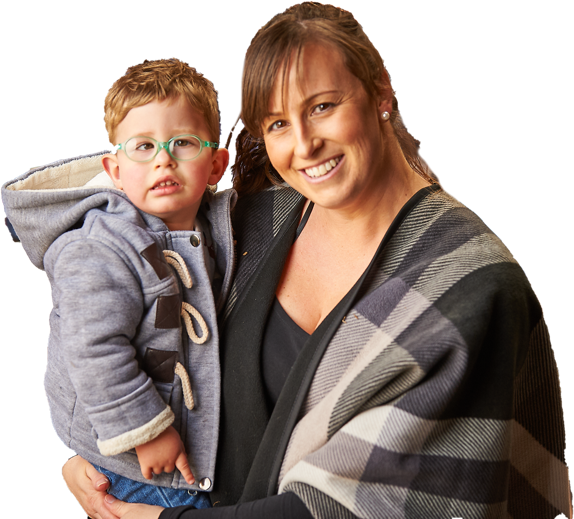
Medical Care & Therapies
Find out more
The tween years are a time of transition and change, and this period can be very challenging for Parents. As children begin developing into a teenager physically, mentally, emotionally, and socially they are learning to take on new responsibilities and develop critical social skills.
Tweens with Prader-Willi Syndrome (PWS) experience many changes during these years. They are no longer your little girl or boy, but it is evident that they still need you, and will for many years to come.
While your tween may be showing increased independence and skill-building, they rely on you to help them with all of the new challenges they face.
Somewhere between the ages of three and adulthood, you may notice your child develop an insatiable appetite/drive to eat, accompanied by intense or relentless food-seeking.
The International Prader-Willi Syndrome Organisation (IPSOW) provides information on their website to help us understand the hunger drive in people with PWS. Their website states the following:
“To understand the importance of this hunger drive, try to look at Prader-Willi Syndrome as a ‘starvation’ syndrome rather than an over-eating one. Because of the dysfunction in the hypothalamus, there is no on/off mechanism that tells the brain, “I’ve eaten enough”. What happens instead is that the brain keeps telling the stomach, “you’re starving, you need food”, and the drive to find food overrides everything else”
Many of the Challenging behaviours associated with Prader-Willi Syndrome are anxiety-related, therefore if you can reduce or eliminate the cause of the anxiety, you’ll reduce or eliminate the unwanted behaviour. Clear, concise and consistent communication is essential for management of PWS. It is necessary to communicate any changes of routine to the person with PWS as soon as possible. This will avoid any disappointment, which could lead to anxiety or unwanted behaviour.
Areas that can cause difficulty with regards to behavior can include:
For children with PWS, their emotional control can be impaired, and this will continue into adulthood. You will learn skills in de-escalating outbursts and will soon begin to recognise the difference between a tantrum and a meltdown.
It is hard to imagine feeling like this constantly while trying to live a life that is full and inclusive. To be able to face this constant challenge, amongst the many others that your child lives with, means that your child is incredibly resilient to the point that some would say they are Extraordinary.
Around these same years, you may notice that your child is beginning to develop pubic hair. Premature Adrenarche and Pubarche is defined by the development of pubic hair earlier than eight years of age and is common in many children with PWS. This growth can occur independently of actual puberty and is a result of weak hormones released by the Adrenal glands. Confusingly, true puberty in individuals with PWS, both male and female, is usually delayed and/or incomplete, with slow or disrupted progression. These early stages of sexual maturation which typically occurs a few years before puberty onset, cause increased hair growth, body odour, skin issues and mood changes and breast buds.
Always remembers that you have access to supports and services that can assist you throughout all stages of your child’s life. At this time, your energy should be focused on providing a loving, caring and a safe environment, so that your child is provided with every opportunity to live a full and inclusive life.
